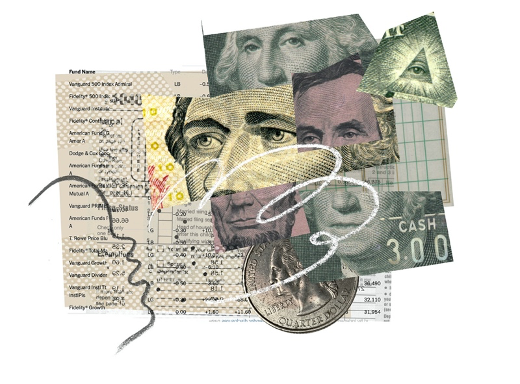
Chasin’ Carry: Assessing the IRS’ § 1061 Proposed Regulations
October 9, 2020Authors . Blog News . Certified Review . Feature . Issue Spotters . Policy/Contributor Blogs . Recent Stories . Student Blogs Article(Source) The world of private equity is fascinating. Larger-than-life firms pool immense amounts of capital from individual and institutional investors. Firms organize these pools into funds, secure leverage, and begin investing in, restructuring, and ultimately selling for profit, a variety of assets, like distressed businesses and real estate. In theory, numerous parties stand to
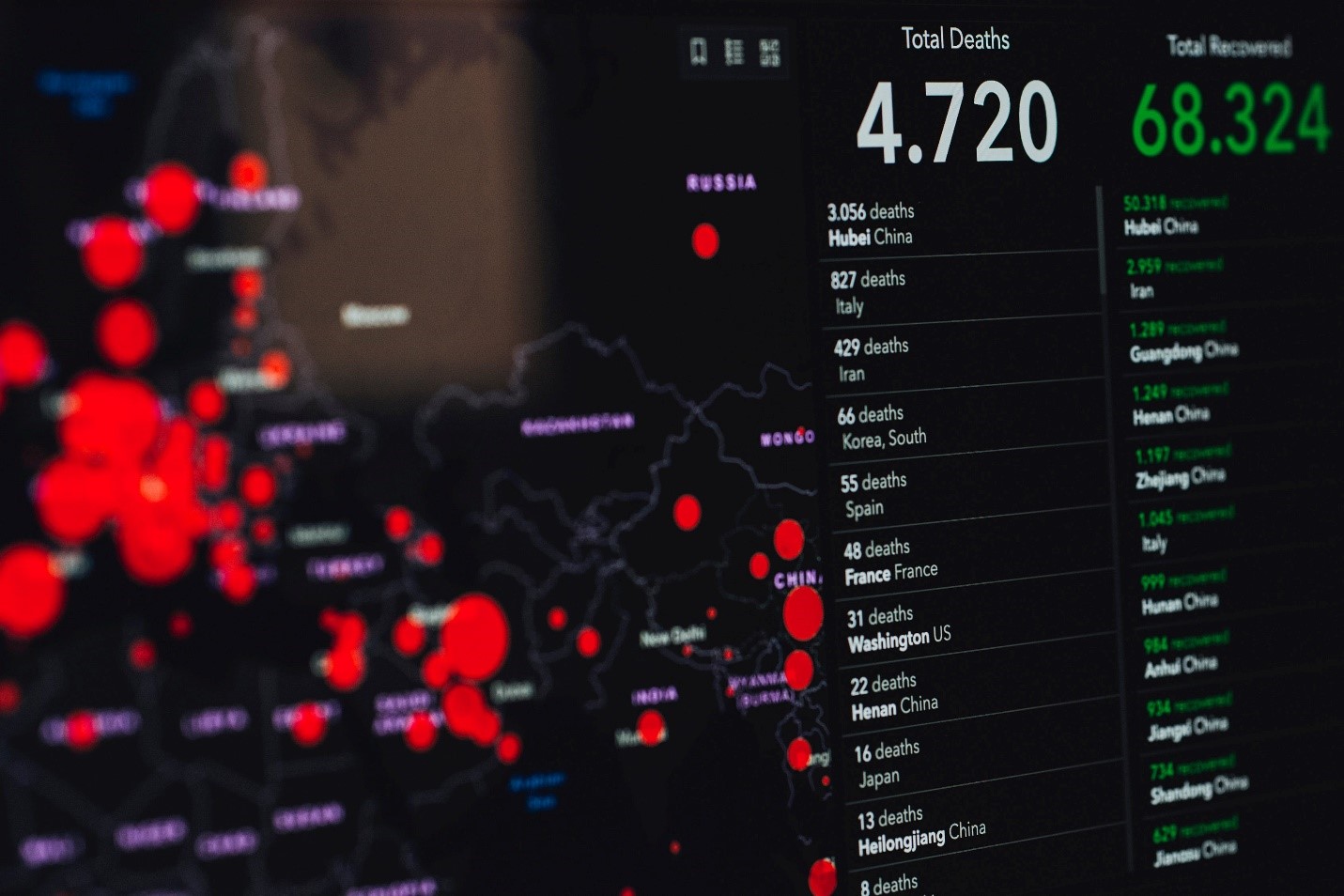
Sunshine Is Still the Best Disinfectant: How the Cornell First Amendment Clinic and the New York Times Fought to Access COVID-19 Demographic Data
September 18, 2020Archives . Authors . Blog News . Certified Review . Feature . Feature Img . Issue Spotters . Policy/Contributor Blogs . Recent Stories . Student Blogs Article(Source) As the coronavirus pandemic began to sweep through the United States in the spring of 2020, outbreaks in cities with significant Black and Latino communities led some to question whether communities of color might be at a heightened risk of both infection and death from COVID-19. As the Congressional Black Caucus (CBC) stated in
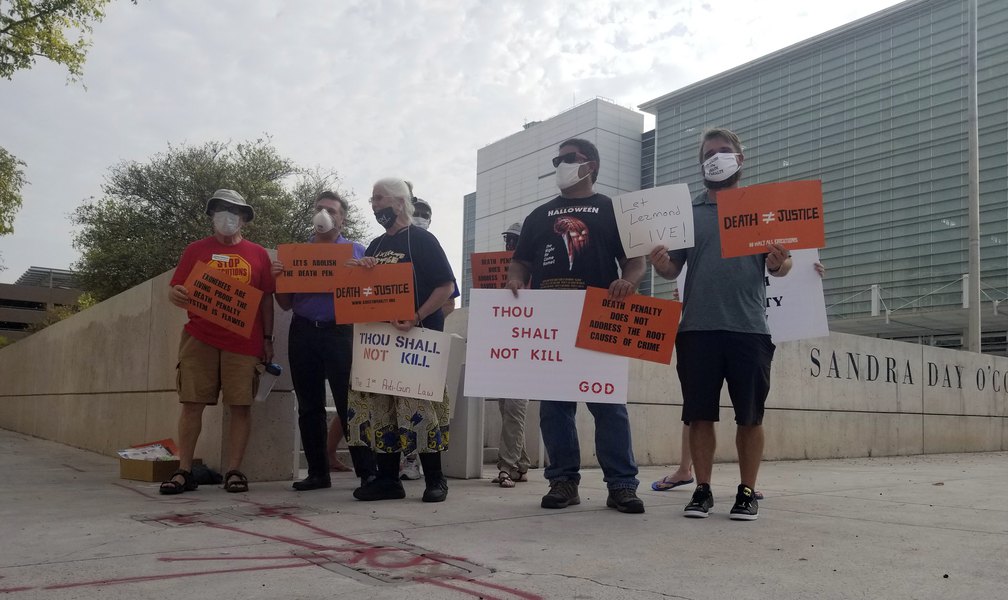
Denying Indigenous Sovereignty: The Execution of Lezmond Mitchell
September 4, 2020Archives . Authors . Blog News . Certified Review . Feature . Feature Img . Issue Spotters . Policy/Contributor Blogs . Recent Stories . Student Blogs Article(Source) On August 26th, 2020, the United States government executed Lezmond Mitchell, the only Native American on federal death row, continuing the Trump administration’s aggressive reinstatement of federal executions after a seventeen-year delay. Mr. Mitchell was pronounced dead at 6:29 PM. Mr. Mitchell’s execution was the 1523rd execution in the United States since the death

The Public Charge and the Pandemic: What Happens When the Dust Settles?
August 24, 2020Archives . Authors . Blog News . Certified Review . Feature . Feature Img . Issue Spotters . Policy/Contributor Blogs . Recent Stories . Student Blogs Article(Source) On July 29th, the Southern District of New York (“Southern District”) enjoined the Department of Homeland Security (“DHS”) from enforcing, applying, or implementing the Trump Administration’s new public charge rule from taking effect during the COVID-19 national health emergency. Responding to the injunction, the U.S. Citizenship and Immigration Services (“USCIS”) stated that the 1999
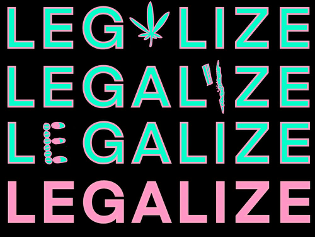
Legalize and Regulate: The Solution to the Unsolvable Drug Problem
August 21, 2020Archives . Authors . Blog News . Certified Review . Feature . Feature Img . Issue Spotters . Policy/Contributor Blogs . Recent Stories . Student Blogs Article(Source) Legalizing recreational drug use, which is not morally wrong since its use does not directly harm anyone but the user, will benefit society as a whole by allowing for safer participation, less incarceration, and increased economic contributions through taxes. Since the passage of the 21st Amendment in 1933, which ended the nation’s prohibition on
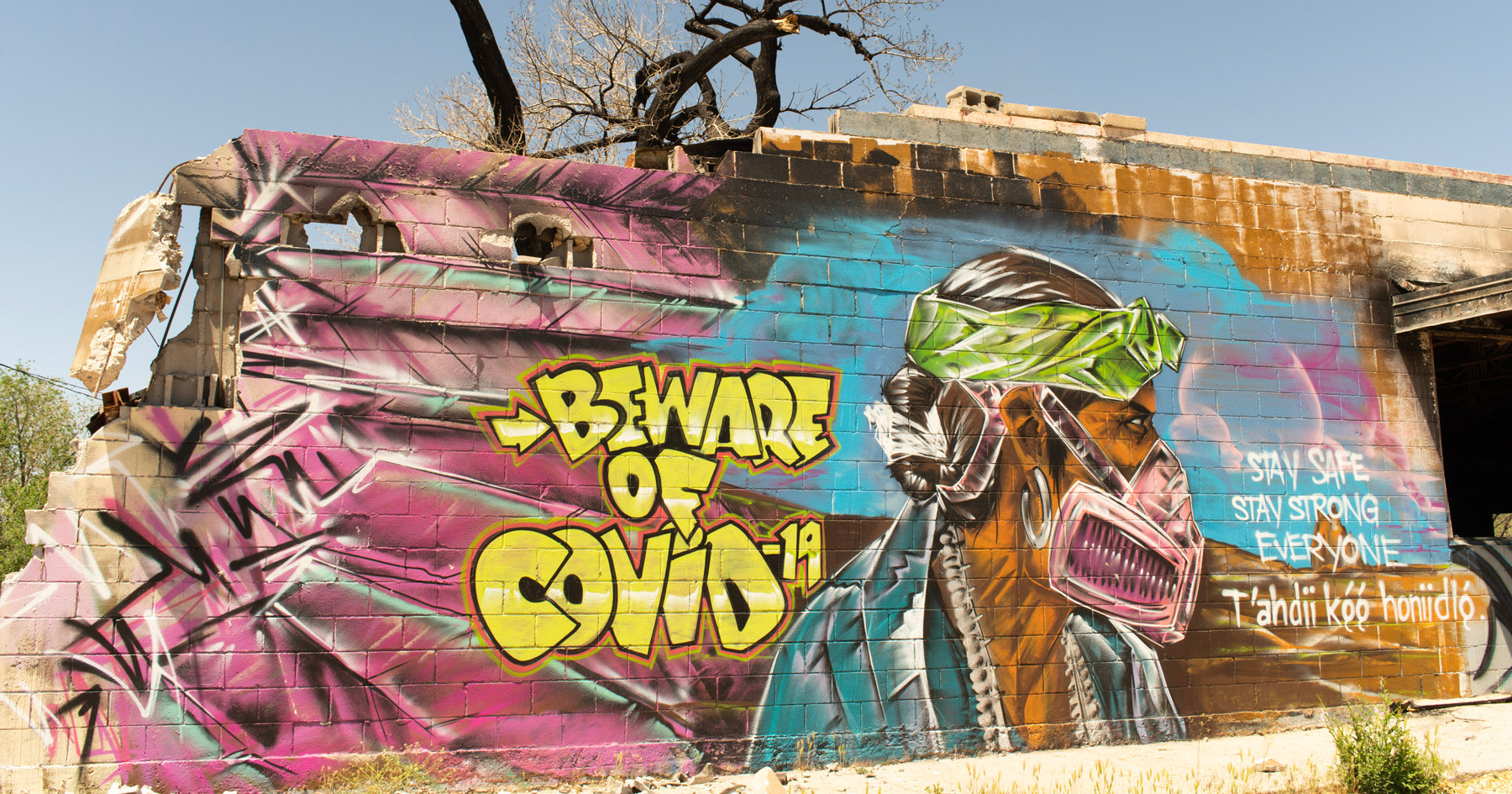
From Smallpox Blankets to COVID Ballots: Understanding the Pandemic as a Fundamental Threat to Native American Voters
August 17, 2020Archives . Authors . Blog News . Certified Review . Feature . Feature Img . Issue Spotters . Policy/Contributor Blogs . Recent Stories . Student Blogs Article(Source) Introduction At 5 million positive cases, COVID-19 continues to devastate people across the United States. Due to pre-existing social inequalities, communities of color remain the hardest hit. Among these communities, Native Americans are contracting and dying from the virus at unmatched rates. Federal, state, and local action to mitigate the spread throughout Indian Country
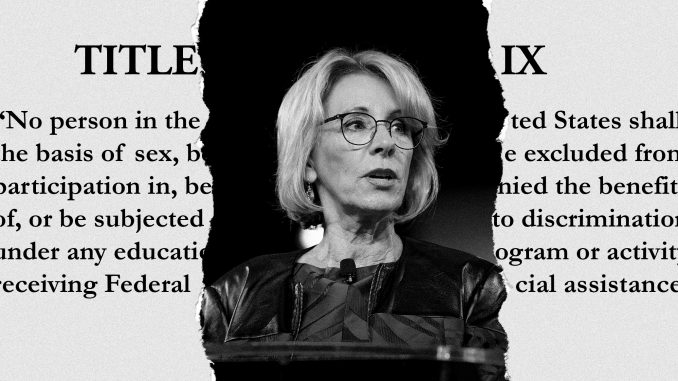
Using COVID-19 as a Cover for Binding Regulatory Change: Title IX under Trump
August 14, 2020Archives . Authors . Blog News . Feature . Feature Img . Issue Spotters . Policy/Contributor Blogs . Recent Stories . Student Blogs Article(Source) On August 14, 2020, colleges and universities will be required to comply with what is essentially an overhaul of the Title IX system as it has existed for over the last decade. Title IX has been revolutionary in combating sexual harassment and sexual abuse in schools, on sports teams, and in other educational
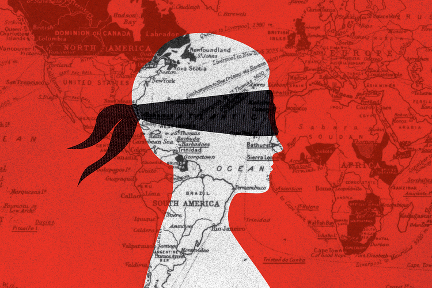
Yes, Everything Has to Do with Race
August 10, 2020Archives . Authors . Blog News . Certified Review . Feature . Feature Img . Issue Spotters . Policy/Contributor Blogs . Recent Stories . Student Blogs Article(Source) Have you ever heard someone exclaim, “why must we make everything about race?” Well, that is because it is. There is, at the very least, a hint of racism across every institution in society. And because it is generally not loud, it has been almost unspeakable since the Civil Rights era. Alas, indirect
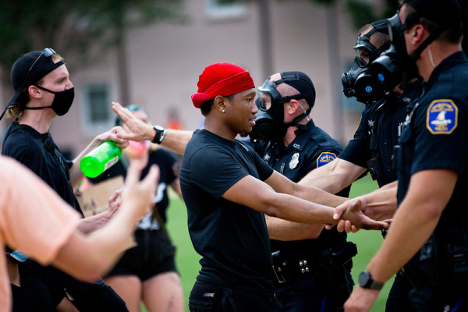
Violations Without Vindication: How the Supreme Court’s Decision in Nieves v. Bartlett Permits Retaliatory Arrests and Threatens to Undermine the Fight For Racial Equality
August 7, 2020Archives . Authors . Blog News . Certified Review . Feature . Feature Img . Issue Spotters . Notes . Policy/Contributor Blogs . Recent Stories . Student Blogs Article(Source) In May 2019, the Supreme Court handed down its decisions in Nieves v. Bartlett. For the most part, the decision flew under the radar, garnering little media attention (with some exceptions). However, this seemingly innocuous Supreme Court decision now threatens to undermine what has been described as “a defining moment in the future of
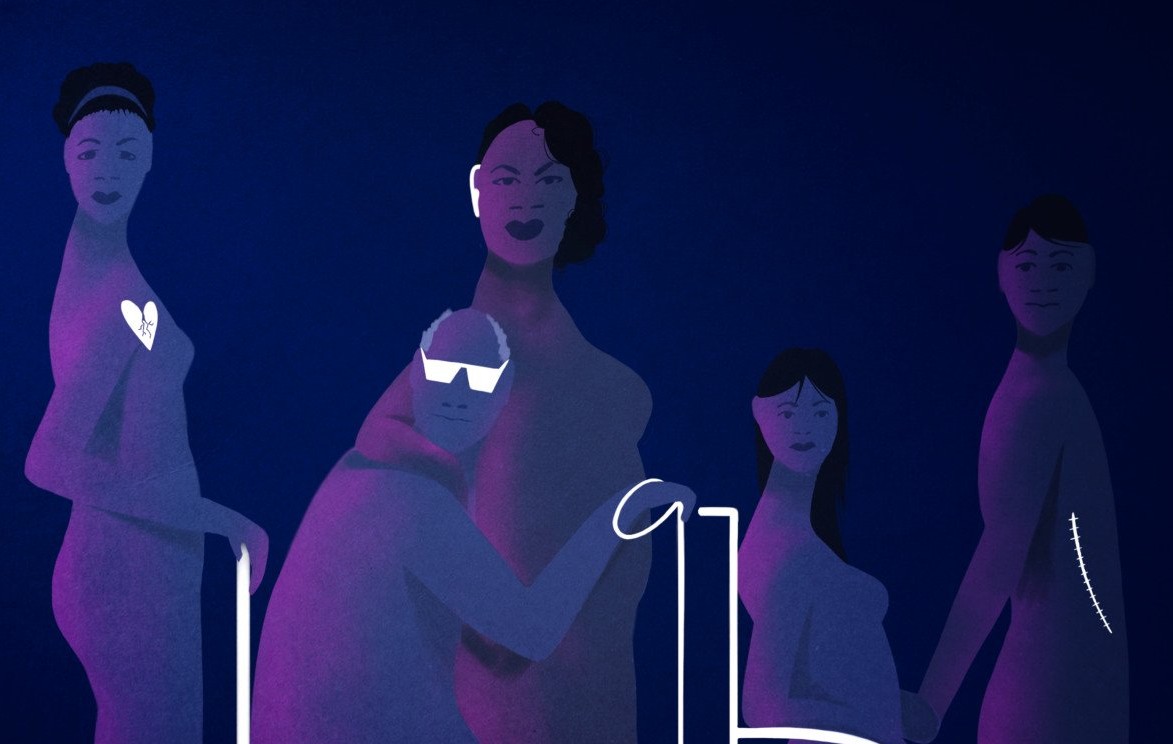
“Nothing About Us, Without Us” Means Police Reform, Too
July 24, 2020Archives . Authors . Blog News . Certified Review . Feature . Feature Img . Issue Spotters . Notes . Policy/Contributor Blogs . Recent Stories . Student Blogs Article(Source) Being Black and disabled is not a crime. We need to stop treating it like one. Thanks to Evita Nwosu-Sylvester for sources and further reading, and to Amanda Cirillo for review. Disability remains the “missing word in media coverage of police violence.” Far from anecdotal episodes, the connection between disability and policing harm